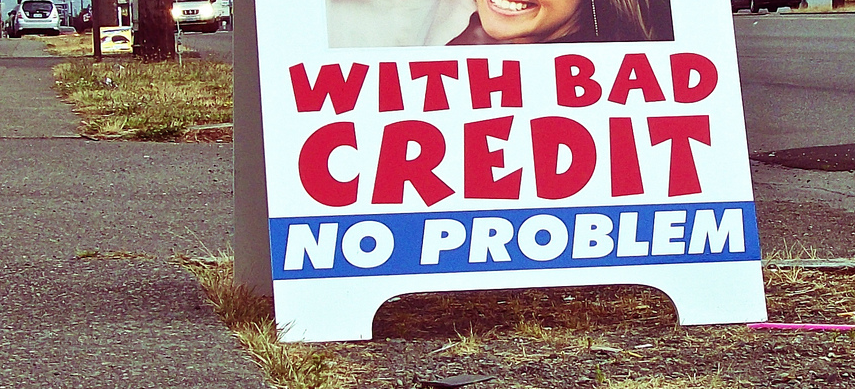Potential FICO Credit Score Changes Could Hurt, Rather Than Help Some Consumers’ Creditworthiness

(БРАТСТВО)
The Wall Street Journal reports that the new approach aims to make it easier for consumers who don’t currently have scores to obtain a decent FICO score.
FICO tells the WSJ that the new approach would provide scores to nearly 15 million of the 53 million Americans who currently don’t have FICO scores.
The scores would continue to rely on factors such as payment history, amounts owed, length of credit history, new credit and types of credit used, but would add new factors including consumers’ payment history with their cable, cellphone, electric and gas bills, as well as how often they change addresses and other data.
According to documents obtained from a FICO presentation on the revamped scoring approach, the new data would be furnished by database of telecommunications and utilities providers maintained by Equifax and the National Consumer Telecom & Utilities Exchange, while personal information would be furnished by LexisNexis.
Like the tradition FICO scoring method, the new approach would have a range of 300 to 850. The company says that under the revamped approach, nearly one-third of the newly scored individuals would have a score above 620 – typically the threshold in which credit card issuers and other lenders approve applications.
FICO along with Equifax and LexisNexis have begun a data score pilot to assess the new methods effects on consumers currently without credit scores. The pilot is expected to be completed in the coming months and scores based on the alternative approach made available by the end of the year for use by credit card issuers.
Jim Wehmann, an executive with FICO, tells the WSJ that the increase in consumers with higher scores is a “good indication that this is a process to onboard more consumers and allow them to maintain more creditworthiness.”
While providing more credit options for people is a good thing, basing a consumers’ creditworthiness on utility payments could have a negative affect on consumers struggling to make ends meet month-to-month.
FICO scores are based on five factors: payment history, amounts owed, length of credit history, new credit and types of credit used. The scoring equation takes into account both negative and positive information on a consumer’s credit report; meaning if you pay your bills even a day late it could lower your FICO score.
In 2012, the National Consumer Law Center provided testimony during a House subcommittee hearing exploring the uses of consumer credit data, including the use of utility payments in credit reports.
Chi Chi Wu, staff attorney for NCLC, expressed advocates’ fears that using the additional information would “add millions of news negative reports to the credit reporting system and will actually hame more consumers, especially financially strapped consumers, by creating credit black marks.”
According to Wu’s testimony [PDF], consumers’ sporadic late utility payments are often the result of weather extremes. Consumers who see their bills spike in the winter or summer may not be able to pay those off in full during the season but will over time.
The advocates also counter that using utility bills in FICO scores would actually produce more failing scores than positive one, saying that nearly 55% of consumers previously without scores will end up with a suboptimal or subprime score.
When the issue came up again in legislation in 2013, a coalition of consumer advocates, including the NCLC, Consumers Union, the Center for Digital Democracy and the National Fair Housing Alliance, penned a letter of objection to sponsors. The letter reiterated the concerns of using such data, saying reporting of utility bills would undermine “long-standing protections” developed by state utility commissions across the country to protect consumers when utility bills spike during weather extremes and hurt consumers when they are applying for jobs or looking to buy home or auto insurance.
FICO Gives Millions a Path Toward a Decent Credit Score [The Wall Street Journal]
Want more consumer news? Visit our parent organization, Consumer Reports, for the latest on scams, recalls, and other consumer issues.

